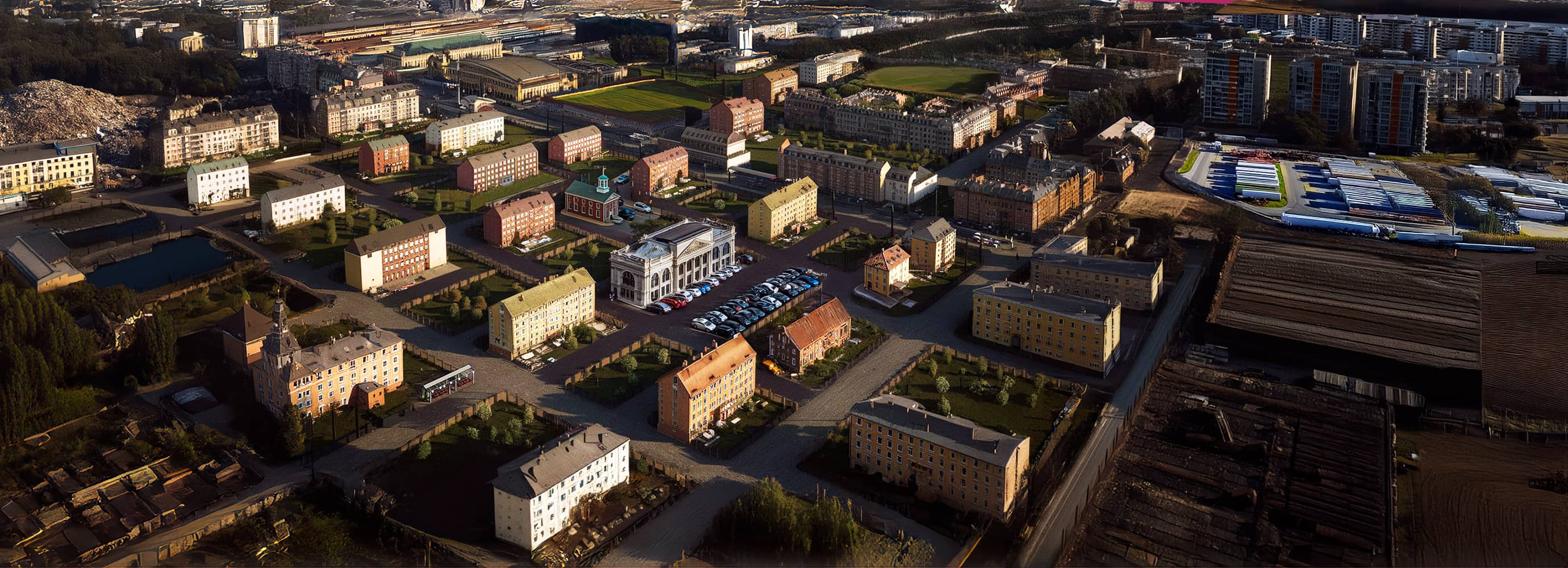SmartCity - Municipality
During the simulation game, the participants take over the management of an average city, with the goal of developing it into a SmartCity and reach the highest SmartCity Index among the competitors. In order to achieve this, a long-term urban development strategy should be developed, setting specific goals and allocating financial resources.
The SmartCity index means keeping 6 main aspects (and many sub-aspects) in mind: economy (market, businesses, employment), environment (sustainability, air quality, waste management, green areas), governance (level of administration, management), living conditions (public safety, housing value) , social institutions,...), mobility (urban development, public transport, number of cars), people (education, working conditions, satisfaction, unemployment).
There are two types of decisions in the simulation. FIrst type is the city administration's own permanent and periodic decisions about city management. The game lets you determine wages, institutions and their development support, and public service fees. Different taxes can be levied and the players manage the income received from the state as the city management. It is also possible to take out different (medium- and long-term) loans.
Also, the development project decisions: a few projects can be started every year from 20+ possibilities. A few examples of projects: photovoltaic power plant and Smart Grid, green roof program, sponge city, district heating system development, industrial park expansion, construction of a new bicycle path network, public transport, public benefit work programs and many other interesting opportunities that present players with countless questions.
The city landscape in the simulation changes along with the launch of projects.

In short, the goal of the simulation is to show the results of different alternative decisions without the consequences and costs that occur in real life. The main purpose of educational games, like this one, is to present various concepts, techniques, and decision-making processes, and make the students learn and practice these. The simulation of public administration at a municipal level requires a special approach. While companies as economic units have similar goals and economic operation, there are special aspects to consider in the case of local governments.
How SmartCity simulation software works:
- The students form groups and take over the management of the virtual city created by the simulation software.
- The virtual city is governed by making strategic decisions for annual periods and for city development projects.
- The software also provides a report on the expected results of the decisions, so that different strategies can be compared before finalization.
- In the simulation, the cities are connected to each other and, based on the established conditions, the fluctuation and growth of the population and businesses among the cities creates a direct competitive situation.
- The software can simulate up to 8 virtual years.
Advantages and learning points:
- The program presents the preparation and implementation of strategic management decisions from basic economic activities to the financial and development management of a complex organization like a city.
- It presents the SmartCity concept in practice, the connections between sustainability and economic life, as well as the effective city management.
- The program is complex enough to synthesize the students' knowledge and put it into practice.
- The game challenges and develops analytical skills, as students are required to find the data they need from various financial and institutional reports and charts (for example community and government data, data of the institutions of the city, cash flow, financial statements).
- As a result, just like in real life, effective teamwork is essential to successfully complete the game.